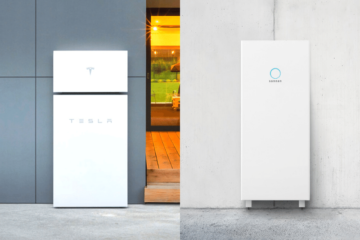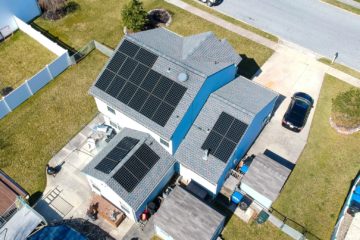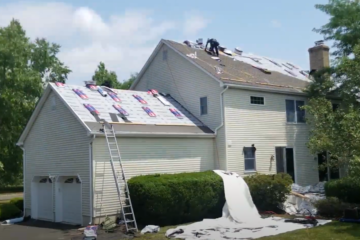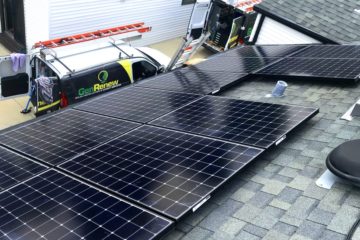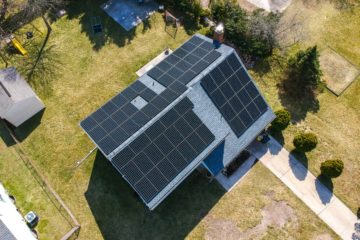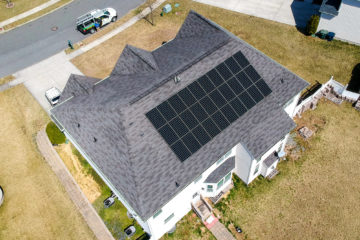There has been a lot of media around solar and battery storage in recent years. Tesla alone has launched a massive campaign around their energy...
The time has never been better to go solar in NJ and most other locations. Lower install and product costs coupled with incentives that continue...

